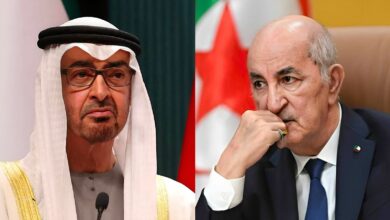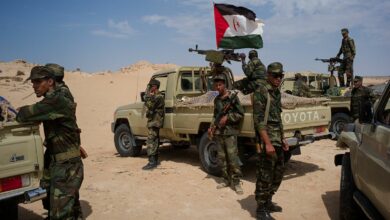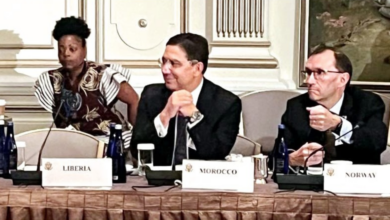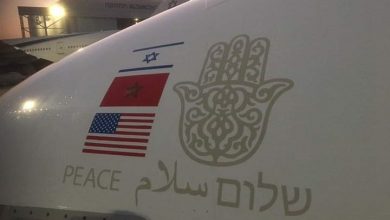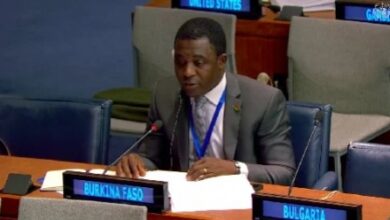Rima Hassan Dismantles Algeria’s Illusions: The Collapse of a Quarter-Century of Propaganda on Palestine and the Sahara

ALDAR / Meryem Hafiani
The statement made by French MEP of Palestinian origin, Rima Hassan, was no ordinary event in the political and media landscape. With a few short yet decisive words, she affirmed that the Palestinian cause cannot be compared to the Moroccan Sahara issue, thereby putting an end to one of the major fallacies that the Algerian regime has fueled for decades.
The significance of her position lies not only in debunking a narrative built on confusion and distortion but also in the potential consequences it may have on Algeria’s image and political discourse both in Europe and Africa.
Since the 1970s, Algeria has consistently portrayed itself as the “voice of the oppressed,” using the Palestinian cause as a moral shield to justify its foreign policy. But this discourse has always been selective: it focused on Palestine while ignoring human rights violations inside Algeria and supporting authoritarian regimes abroad. Today, Hassan’s remarks expose this contradiction before a European audience increasingly aware of the background behind political propaganda, which could weaken Algeria’s ability to continue marketing its outdated narrative within European institutions.
In Africa, where Algeria has long sought to impose its separatist agenda through the African Union, Hassan’s statement may serve as a new reference point that strengthens Morocco’s stance. African states that have approached Algeria’s rhetoric with caution will find in her words a confirmation that the Palestinian cause cannot be used as a cover to justify an artificial regional dispute. This could accelerate the shifts already underway in the continent, where an increasing number of countries openly support Morocco’s sovereignty over the Sahara.
On the European front, the impact of her words is even greater because they came from a young parliamentarian representing a new generation of politicians who value transparency and clarity. While Algeria’s discourse is rooted in Cold War-era slogans, Hassan’s declaration reflects a new political language—closer to reality and to the values upheld by European institutions. This may reduce the space Algeria once exploited within the European Parliament and international human rights forums.
Algeria, having built much of its diplomatic influence on the instrumentalization of the Palestinian cause, now faces the risk of losing this card once it has been exposed. Strikingly, this blow did not come from a direct political opponent, but from a Palestinian figure—making it harder to counter and diminishing the effectiveness of any attempt at discrediting her.
For Morocco, Hassan’s position represents both symbolic and political support that reinforces its growing diplomatic presence in Africa and Europe. It demonstrates that Morocco’s narrative on the Sahara is aligned with historical and legal realities, and that attempts to confuse the issue by linking it to unrelated causes no longer convince international opinion.
What Rima Hassan said may mark a turning point in how Algerian discourse is perceived. Instead of being seen as a voice for liberation, it may increasingly be evaluated as a selective rhetoric built on the exploitation of noble causes. Over the medium term, this shift in perception could translate into a decline in Algeria’s influence within the European sphere, while strengthening Morocco’s standing as a credible and respected regional actor.
In this sense, one short statement has opened the door to reshaping the debate on both the Moroccan Sahara and Palestine, while simultaneously exposing the limits of Algerian diplomacy, which can no longer survive through outdated methods. The greater challenge now facing Algeria is clear: how can it craft a new discourse in an era that no longer tolerates the exploitation of just causes?

